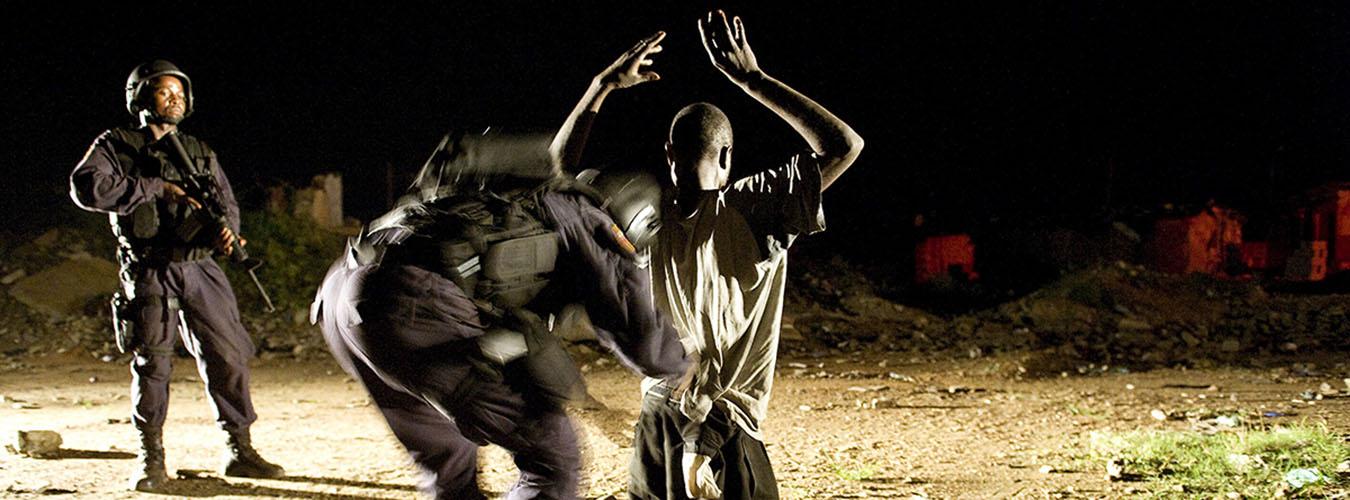
Secretary-General's message 2024
Drugs are at the root of immeasurable human suffering.
Drug use eats away at people’s health and wellbeing. Overdoses claim hundreds of thousands of lives every year.
Meanwhile, synthetic drugs are becoming more lethal and addictive, and the illicit drug market is breaking production records, feeding crime and violence in communities around the world.
At every turn, the most vulnerable people — including young people — suffer the worst effects of this crisis. People who use drugs and those living with substance abuse disorders are victimized again and again: by the drugs themselves, by stigma and discrimination, and by heavy-handed, inhumane responses to the problem.
As this year’s theme reminds us, breaking the cycle of suffering means starting at the beginning, before drugs take hold, by investing in prevention.
Evidence-based drug prevention programmes can protect people and communities alike, while taking a bite out of illicit economies that profit from human misery.
When I was Prime Minster of Portugal, we demonstrated the value of prevention in fighting this scourge. From rehabilitation and reintegration strategies, to public health education campaigns, to increasing investment in drug-prevention, treatment and harm-reduction measures, prevention pays off.
On this important day, let’s recommit to continuing our fight to end the plague of drug abuse and trafficking, once and for all.
On this important day, let’s recommit to continuing our fight to end the plague of drug abuse and trafficking, once and for all.
António Guterres

